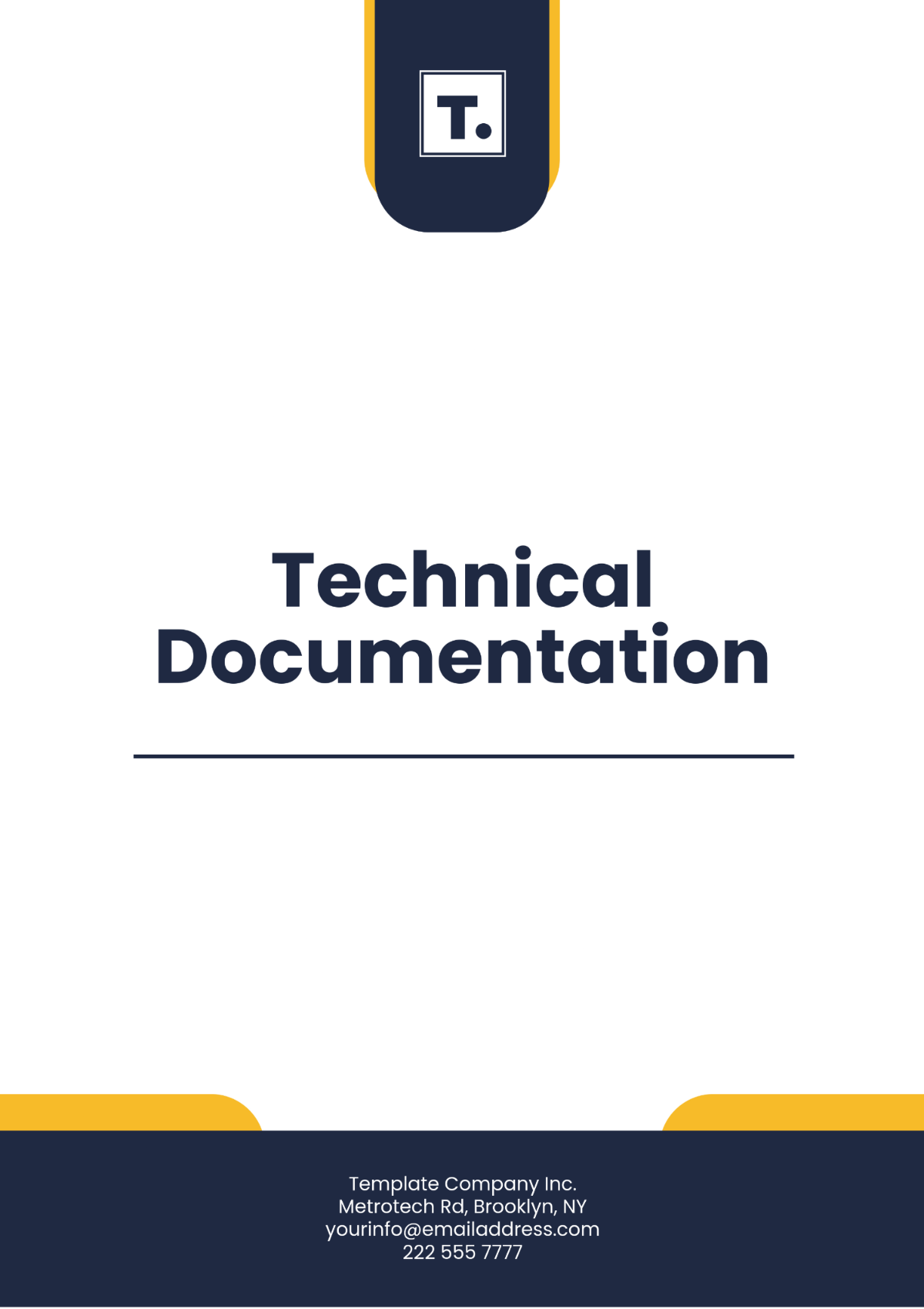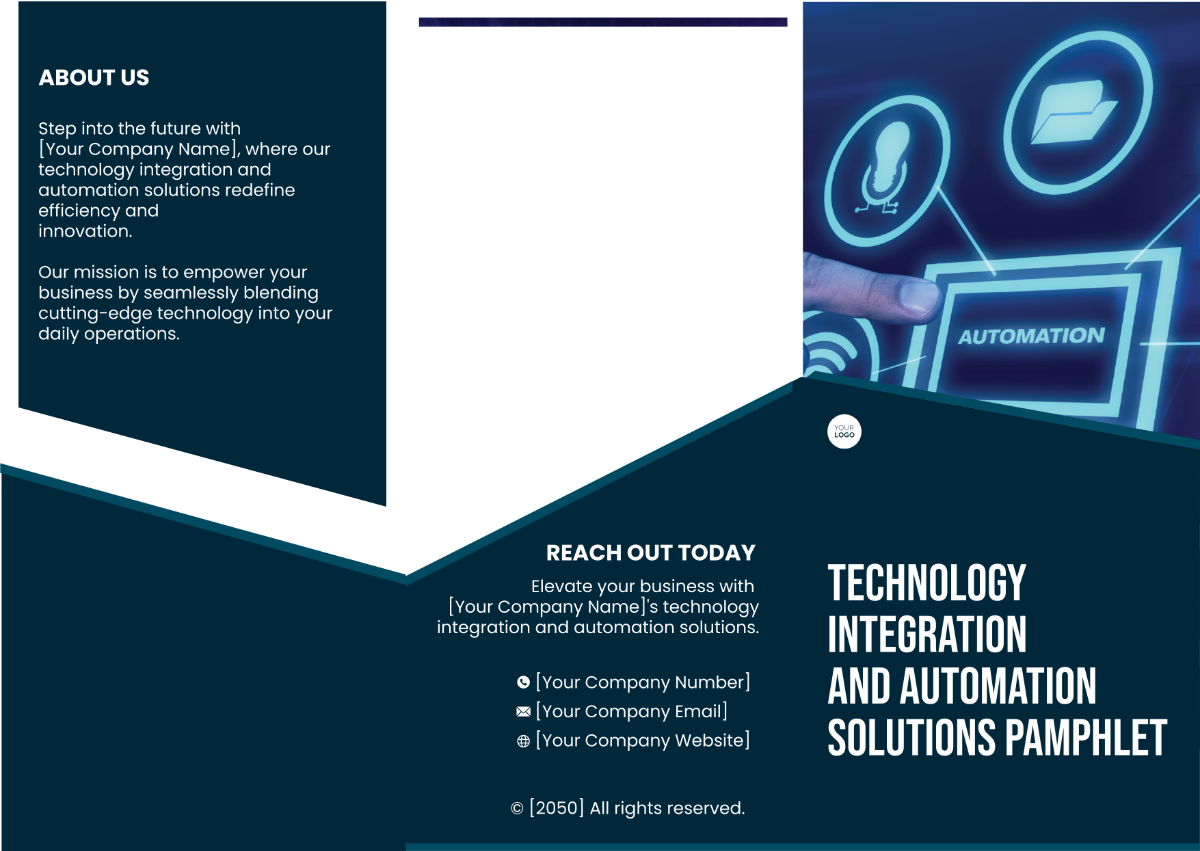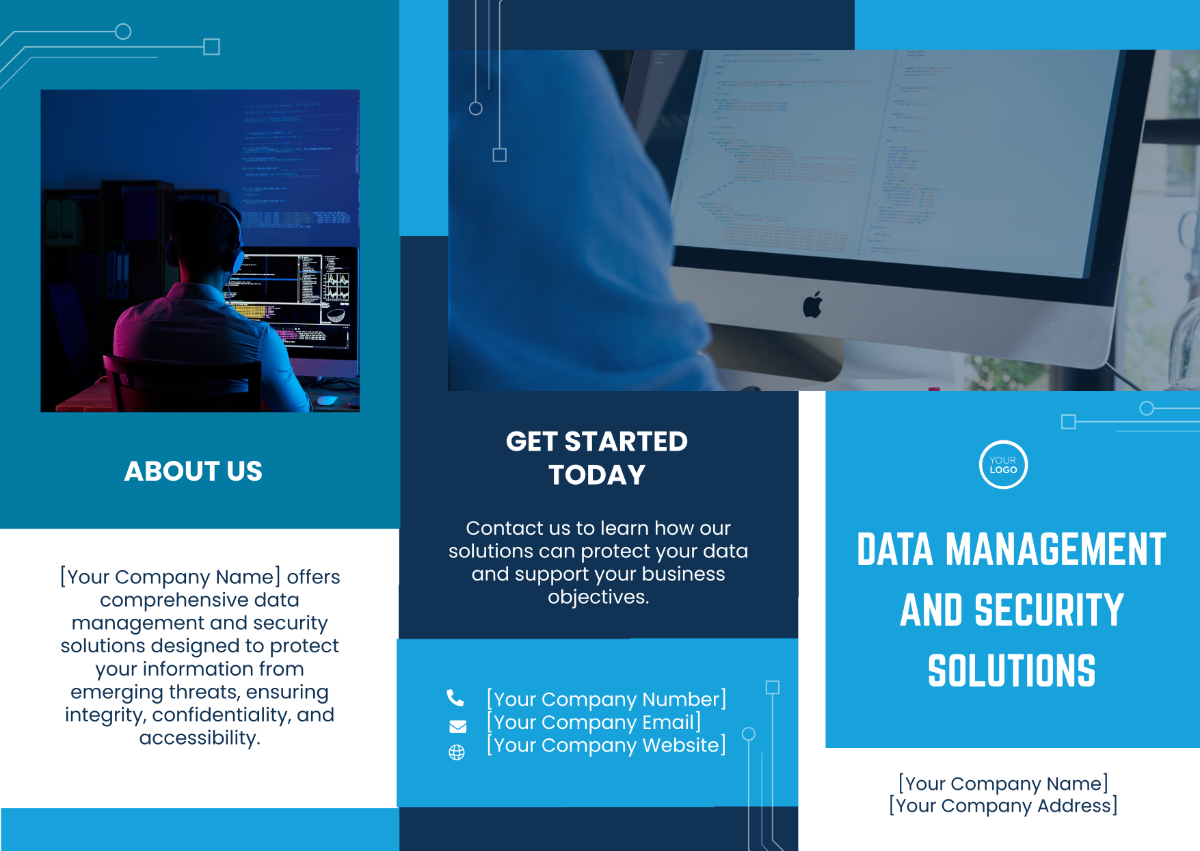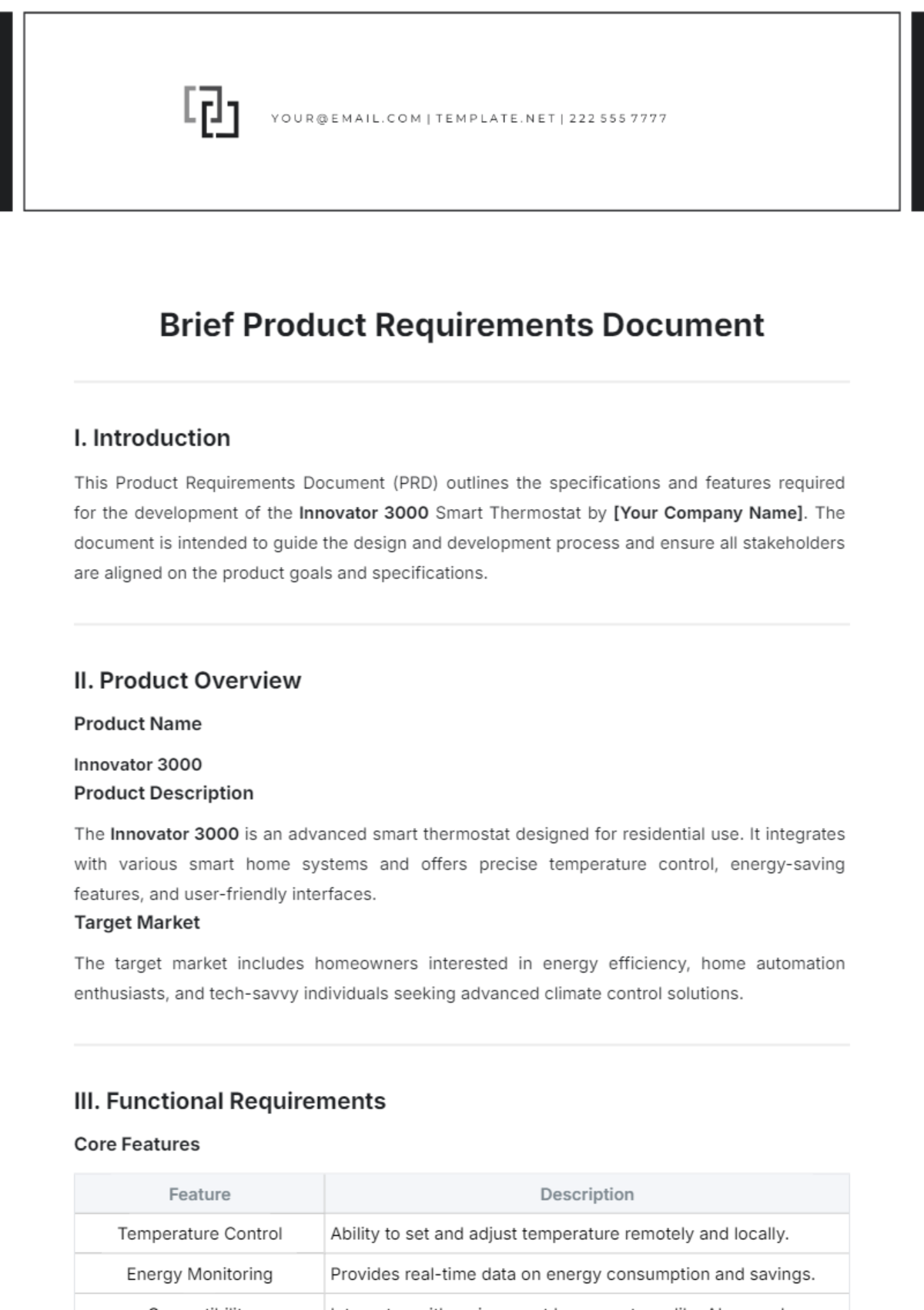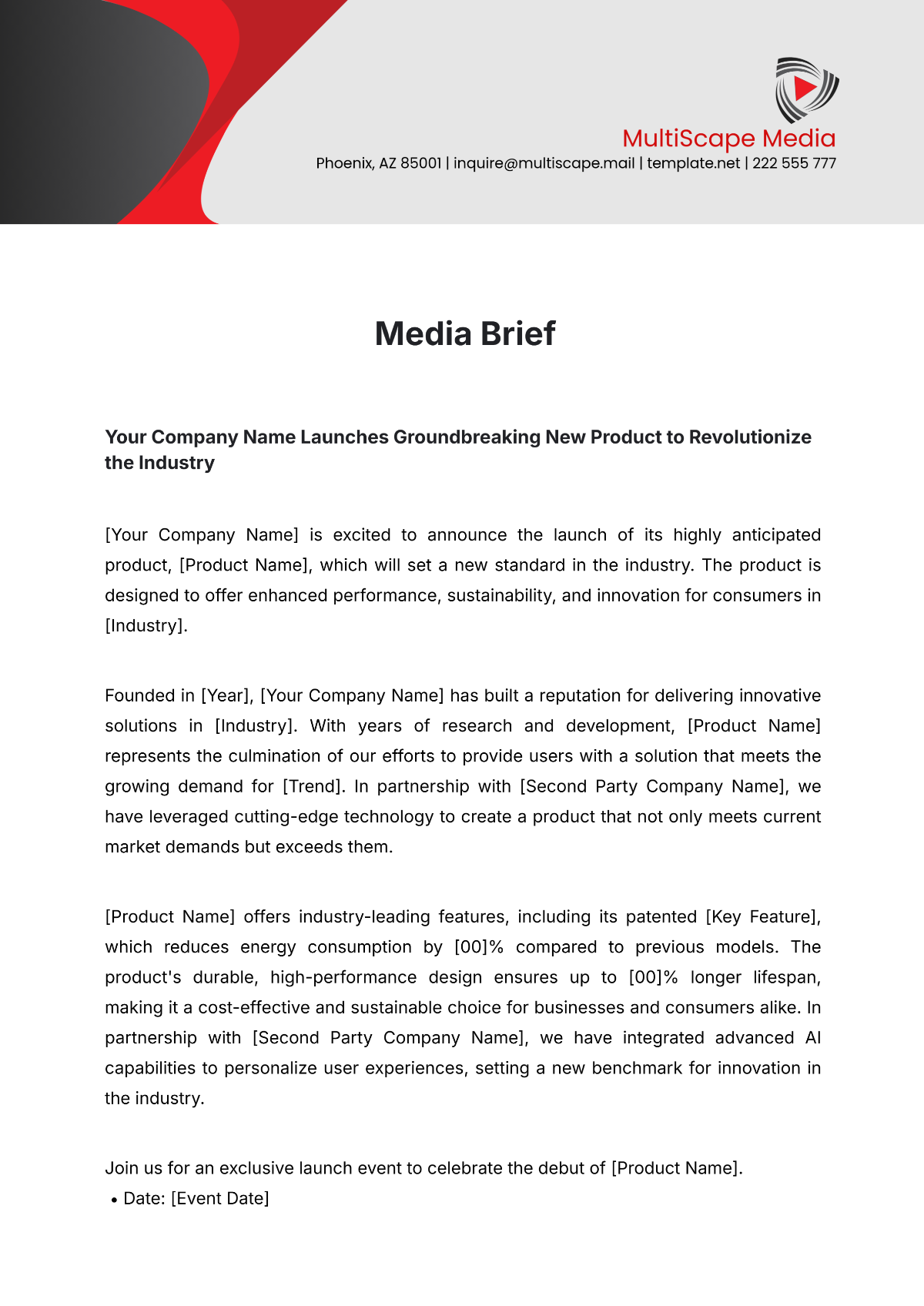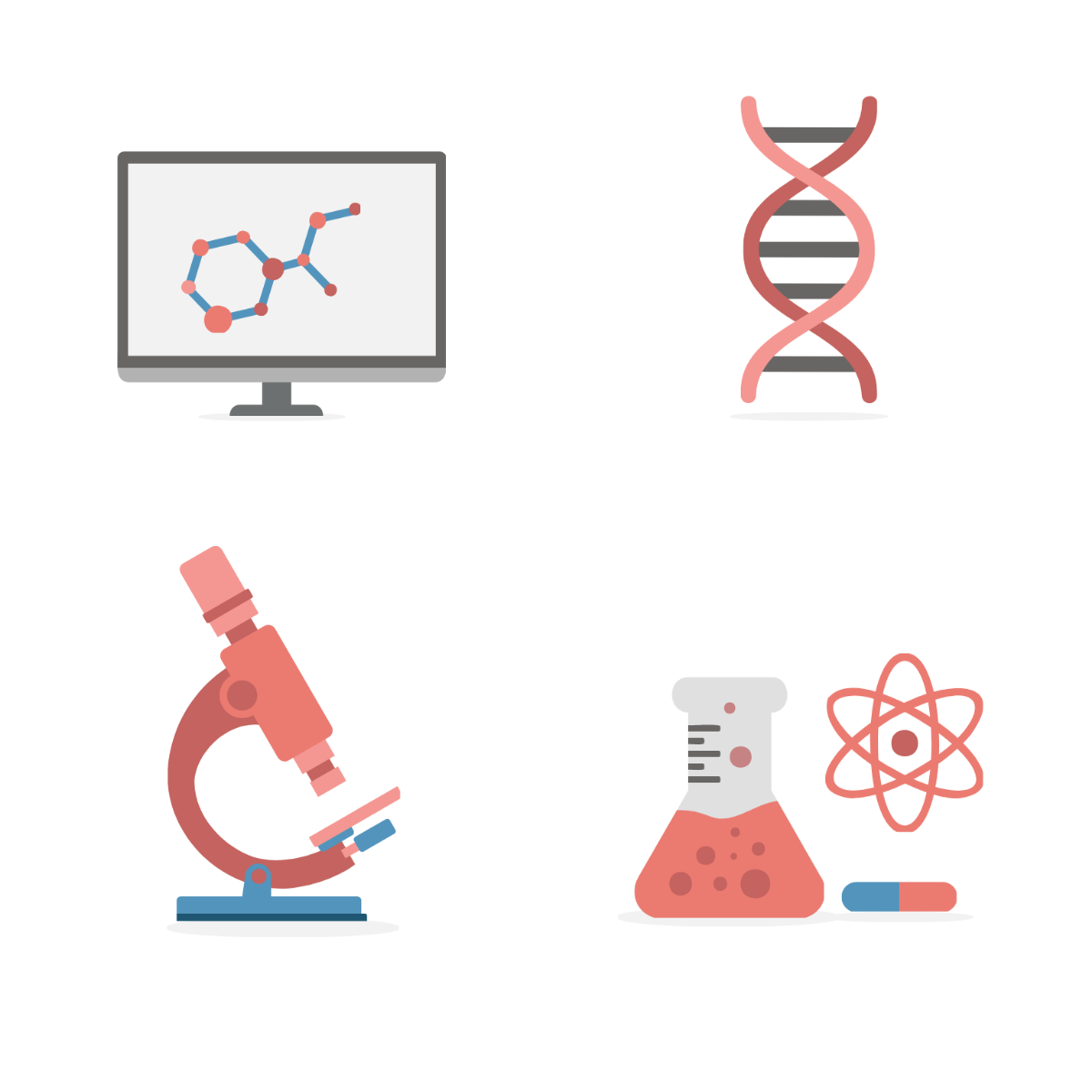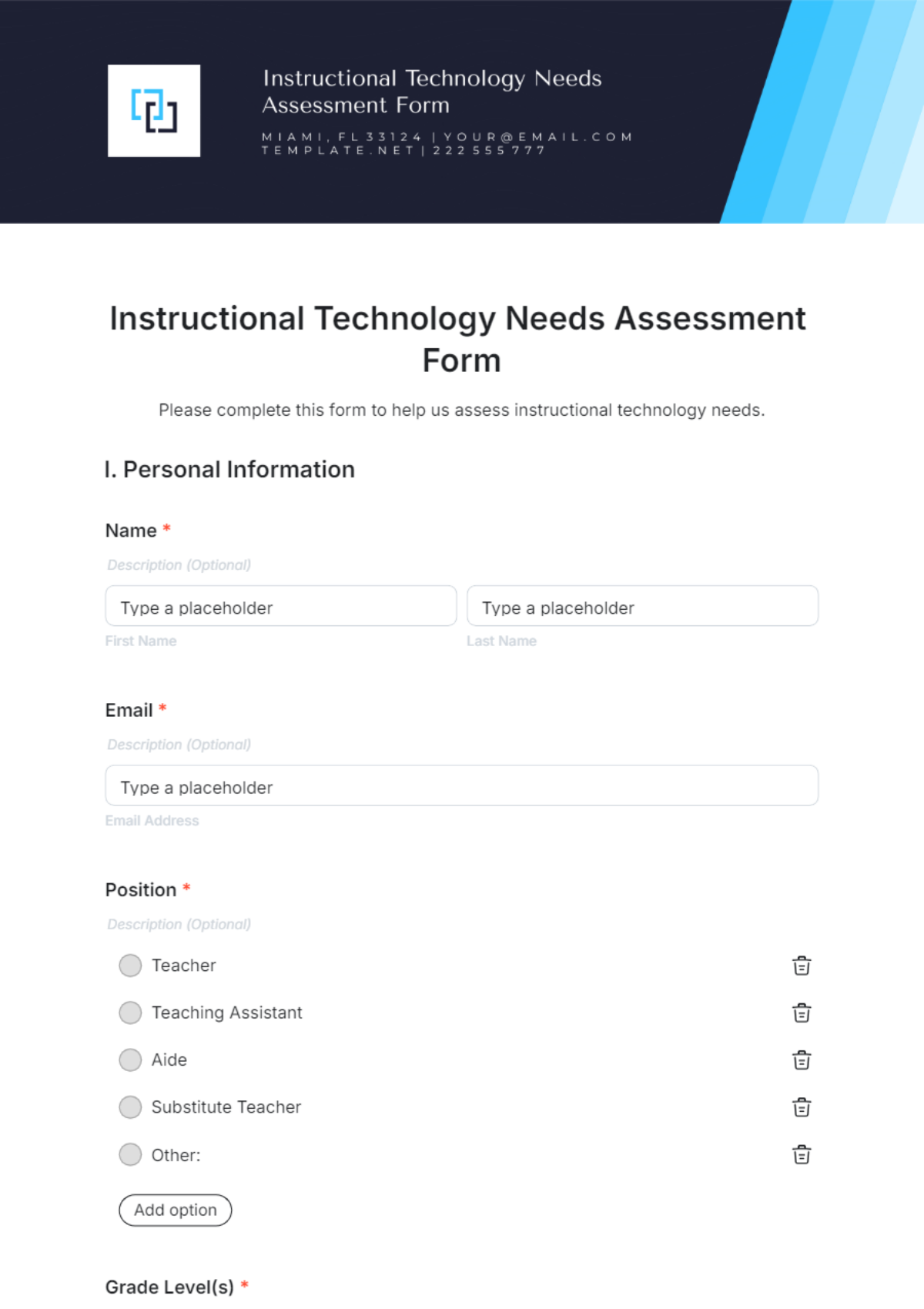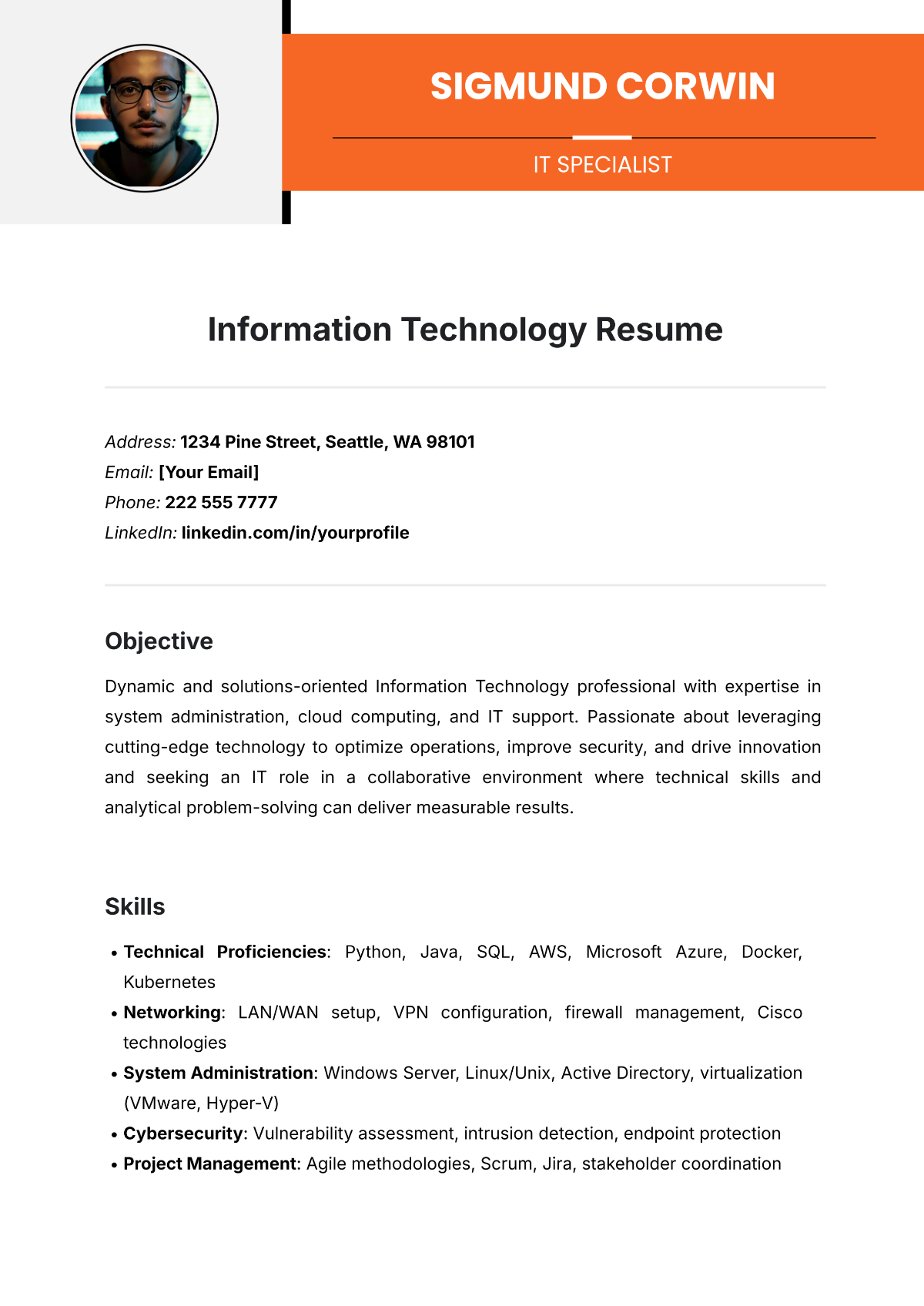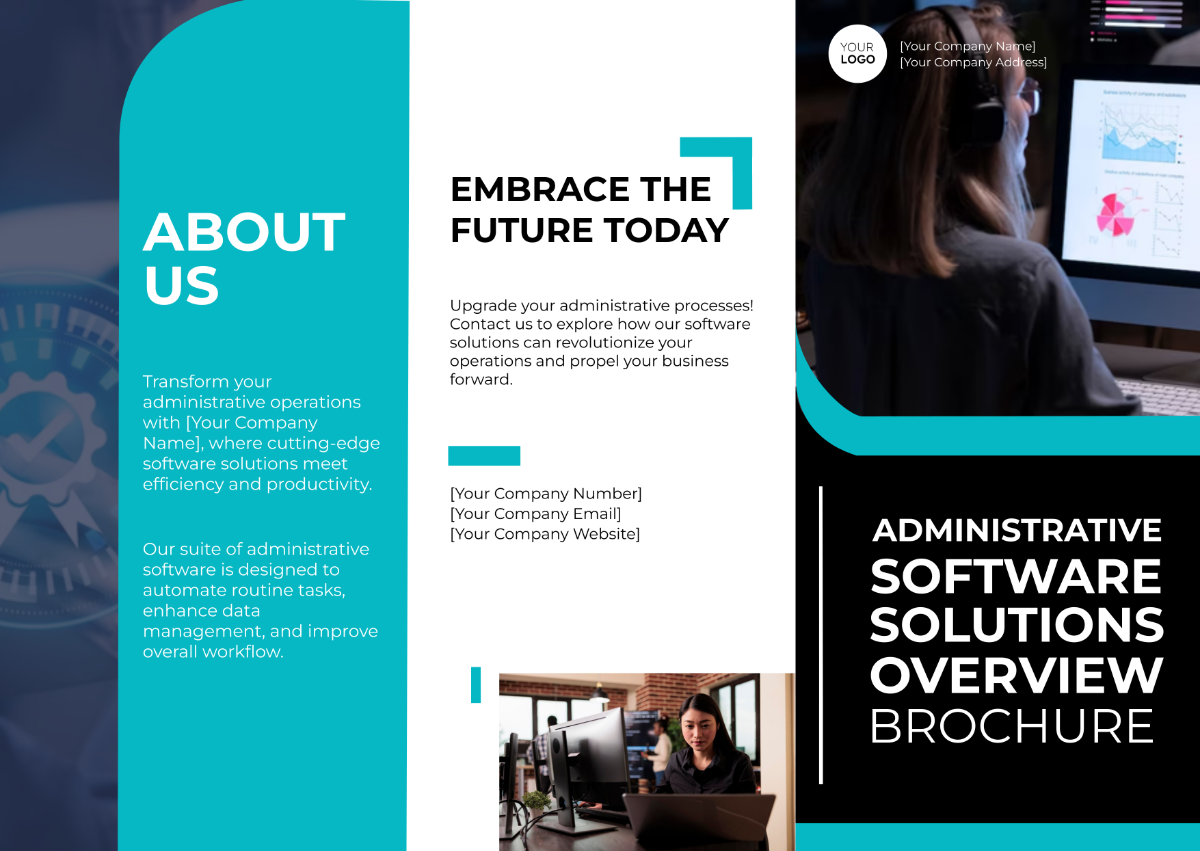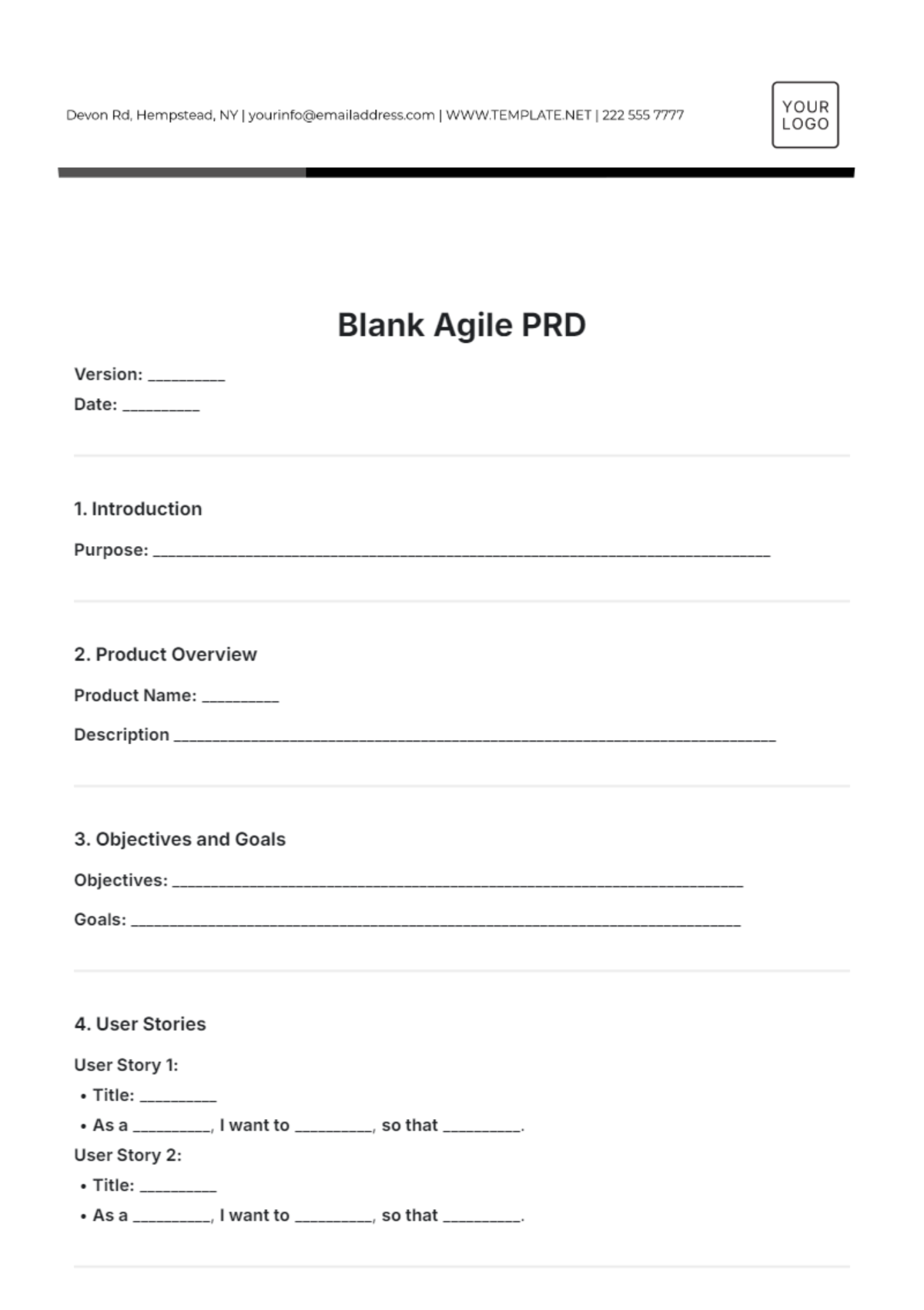SRE Team Charter
I. Introduction
A. Purpose
The purpose of the SRE team charter is to define the roles, responsibilities, and expectations of the SRE Team within [Your Company Name].
B. Scope
The scope of this charter covers the activities, goals, and boundaries of the SRE team to [Your Company Name]'s systems and services.
C. Objectives
Ensure Reliability: Maintain the reliability, availability, and performance of [Your Company Name]'s infrastructure and services.
Drive Automation: Implement automation to streamline operations and reduce manual intervention.
Facilitate Collaboration: Foster collaboration between development and operations teams to achieve shared goals.
Continuous Improvement: Continuously improve processes, tools, and practices to enhance reliability and efficiency.
II. Team Members
Role | Responsibilities |
|---|---|
SRE Manager | Provide leadership and direction for the SRE team. |
Site Reliability Engineer |
|
Incident Responder |
|
III. Governance
A. Decision-Making
Decisions within the SRE team will be made collaboratively, with input from all members.
Major decisions, such as changes to infrastructure or service architecture, will require consensus among team members.
B. Escalation Procedures
Incidents will be escalated according to severity levels defined in the incident response plan.
Escalation paths will be documented and communicated to all team members.
IV. Communication
A. Communication Channels
Slack: Used for day-to-day communication and coordination.
Email: Used for formal announcements and documentation.
B. Meetings
Weekly Standup: Held every Monday to review progress, discuss challenges, and plan for the week ahead.
Monthly Retrospective: Held at the end of each month to reflect on performance and identify areas for improvement.
V. Metrics and Reporting.
A. Key Metrics
Availability: Percentage of time services are operational.
Mean Time to Recover (MTTR): Average time taken to recover from incidents.
Error Budget: Allowable amount of downtime or errors within a given period.
B. Reporting
Weekly Reports: Summary of key metrics and activities for the week, shared with stakeholders.
Incident Reports: Detailed analysis of incidents, including root cause analysis and corrective actions.
VI. Training and Development
A. Training Programs
Onboarding: Comprehensive onboarding program for new team members.
Technical Workshops: Regular workshops to enhance skills in areas such as automation, monitoring, and troubleshooting.
B. Professional Development
Certification Support: Financial support and study materials for relevant certifications.
Conferences and Events: Opportunities to attend industry conferences and events to stay updated on best practices and emerging technologies.
VII. Review and Revision
A. Review Period
The SRE team charter will be reviewed annually or as needed to ensure alignment with [Your Company Name]'s goals and objectives.
B. Revision Process
Proposed revisions to the charter can be submitted by any team member.
Revisions will be reviewed and approved by the SRE manager before implementation.
VIII. Acknowledgment
By signing below, each team member acknowledges that they have read and understood the SRE team charter and agree to abide by its principles and guidelines.
Name | Position | Signature | Date |
|---|---|---|---|
[Your Name] | SRE Manager |
| [DATE] |
[TEAM MEMBER1] | Site Reliability Engineer |
| [DATE] |
[TEAM MEMBER2] | Incident Responder |
| [DATE] |








